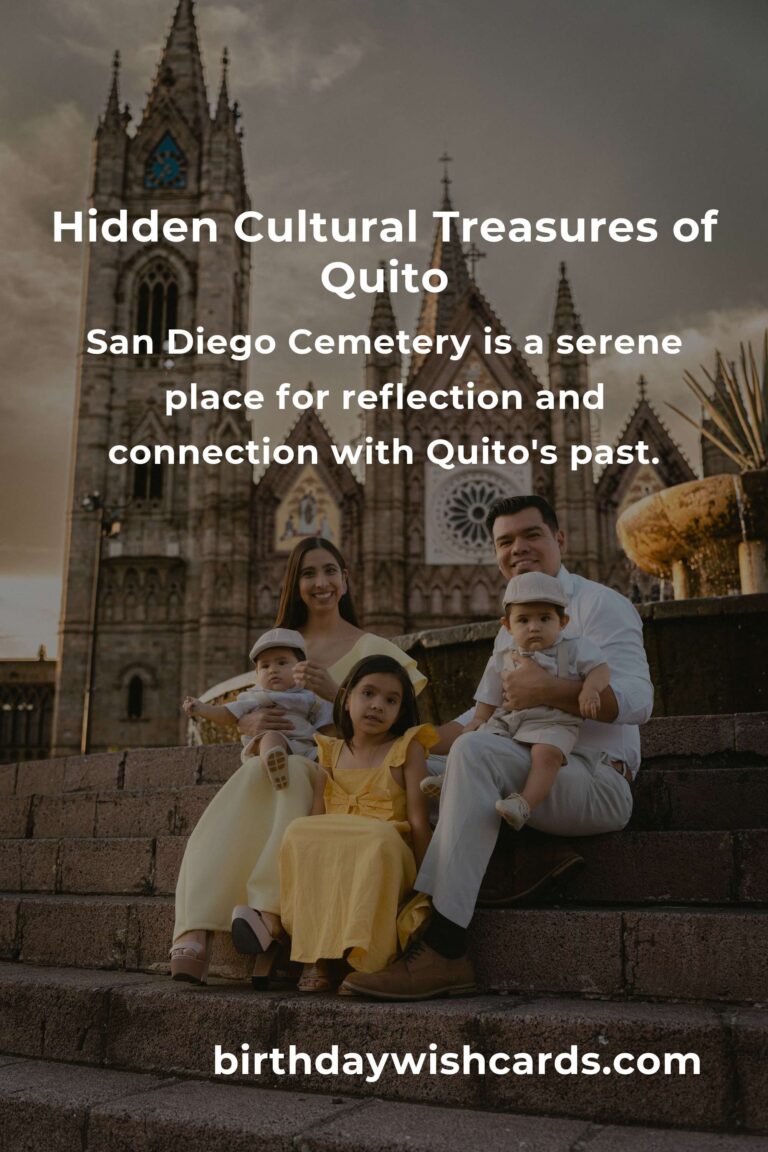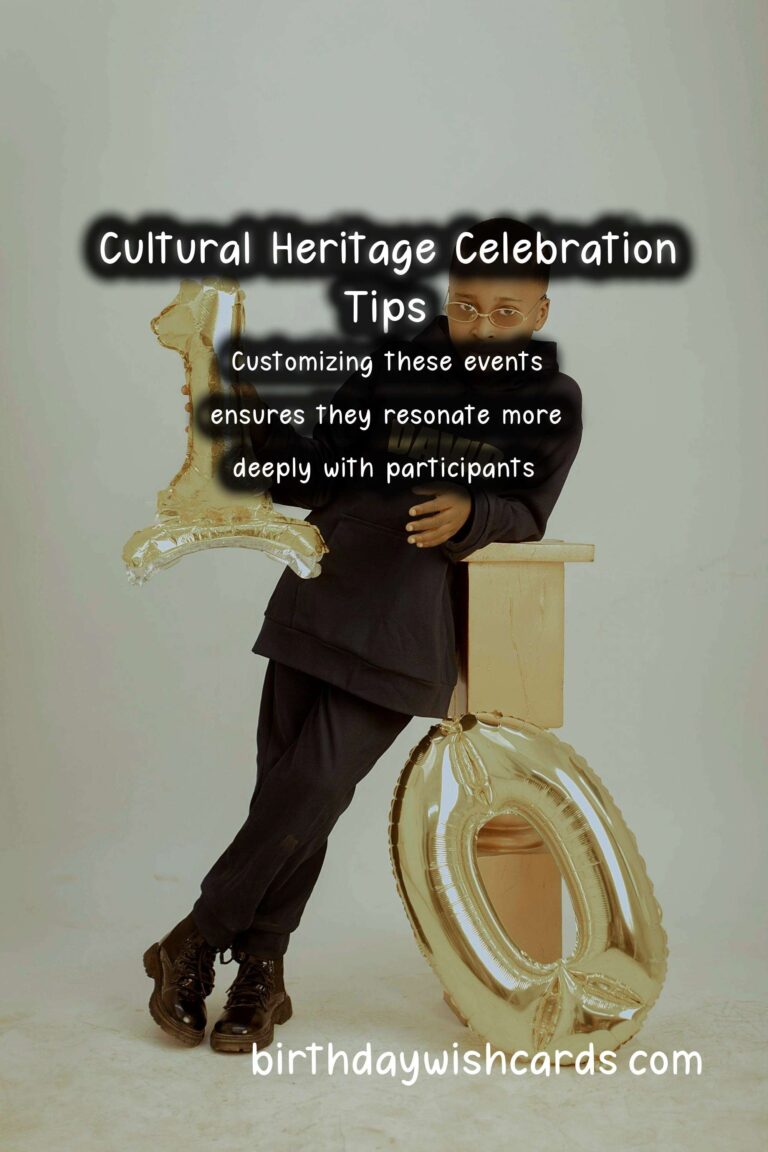
Cultural heritage celebrations are a wonderful opportunity to showcase the traditions, customs, and values that define a community. However, to make these events even more meaningful and engaging, customization is key. In this post, we will explore various ways to personalize cultural heritage celebrations, ensuring that they resonate more deeply with participants and foster a stronger sense of belonging.
Understanding Cultural Heritage
Before diving into customization tips, it’s essential to understand what cultural heritage encompasses. It includes the traditions, languages, rituals, arts, and artifacts that are passed down from generation to generation. These elements form the identity of a community and can be celebrated in various forms.
1. Involve Community Members
The first step in customizing a cultural heritage celebration is to involve community members in the planning process. This can be achieved through workshops or forums where individuals can share their ideas, stories, and cultural practices. Their input ensures that the event authentically represents the diverse voices within the community.
2. Use Local Artisans and Vendors
Support local artisans and vendors by incorporating their crafts and products into the celebration. This not only showcases local talent but also strengthens the community’s economy. You could feature handcrafted items, traditional foods, and performances by local artists.
3. Curate Cultural Workshops
Offer workshops that celebrate the specific skills and crafts unique to your culture. Whether it’s cooking traditional dishes, creating art, or performing cultural dances, these interactive experiences allow participants to engage directly with cultural practices and learn new skills.
4. Storytelling Sessions
Storytelling is a powerful tool for preserving culture. Host storytelling sessions where community members can share personal anecdotes, myths, or legends that are significant to their heritage. This not only entertains but also educates attendees about the values and history of their culture.
5. Taste of Tradition: Culinary Celebrations
Food plays a central role in many cultural heritages. Organize culinary exhibitions or tastings where local chefs prepare traditional dishes. Consider collaborating with community members to share family recipes that have been passed down through generations.
6. Incorporate Music and Dance
Music and dance are integral aspects of cultural expression. Feature live performances from local musicians and dance troupes that reflect the rhythm and colors of your heritage. Encourage attendees to participate in dance workshops, enabling them to learn and appreciate cultural styles.
7. Engage with Technology
Utilize technology to enhance the celebration. For instance, create a virtual platform where people can join from different locations. You could also develop an app that shares insights about cultural practices or provides a schedule of events.
8. Create a Heritage Trail
Map out a heritage trail within the community highlighting significant historical sites. Offer guided tours that dive into the cultural significance of each location, combining education with exploration.
9. Child-Friendly Activities
Ensure that your cultural heritage celebration is family-friendly. Create engaging activities for children that teach them about their cultural roots—such as craft stations, games, and storytelling geared towards younger audiences.
10. Feedback and Improvement
Post-event feedback is crucial for continuous improvement. Set up surveys or feedback booths that allow attendees to share their thoughts on what they enjoyed and what could be improved for future celebrations. Listening to the community’s voice shows that their experiences matter.
11. Document the Celebration
Finally, document the celebration through photography, videos, and written accounts. This documentation can serve as a valuable resource for future events and as a vibrant reminder of the community’s heritage.
In conclusion, customizing cultural heritage celebrations requires thoughtful planning, collaboration, and engagement. By involving community members, showcasing local talent, and integrating interactive experiences, these events can significantly strengthen cultural ties and create lasting memories.
Remember, the essence of cultural heritage lies in its ability to evolve and adapt while still holding onto the core values that define it.
Cultural heritage celebrations are a wonderful opportunity to showcase the traditions, customs, and values that define a community. Customizing these events ensures they resonate more deeply with participants. 
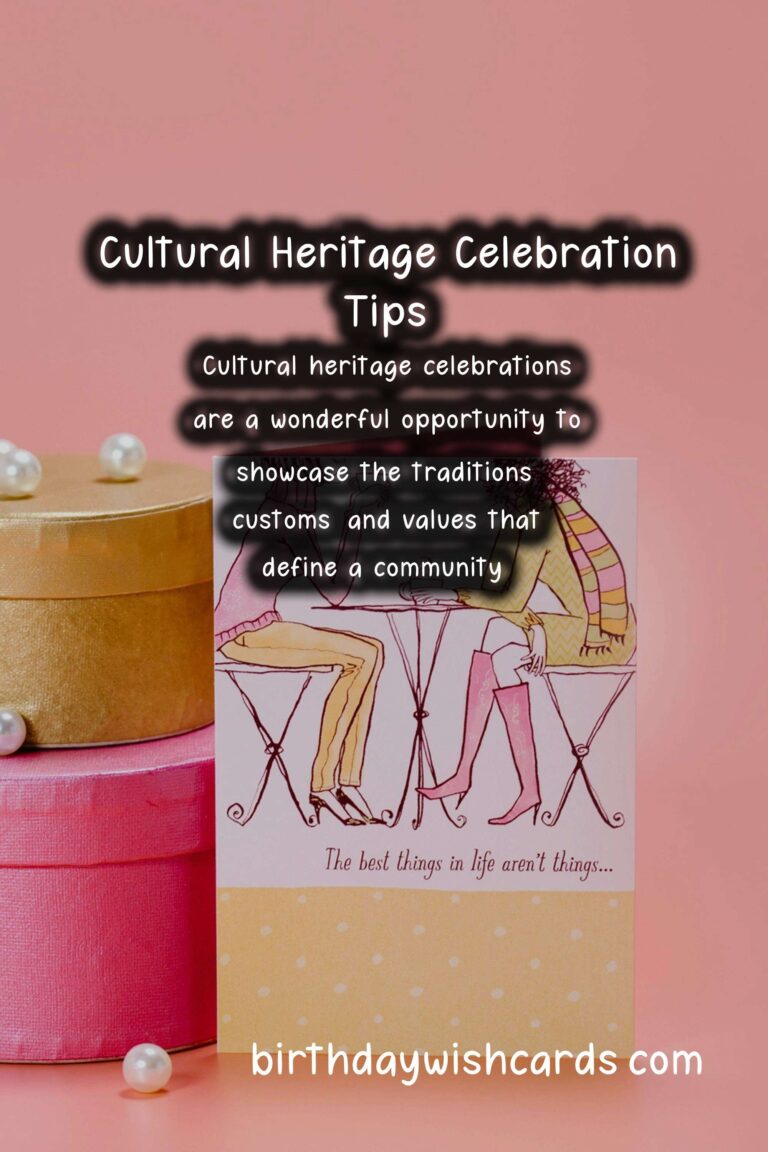
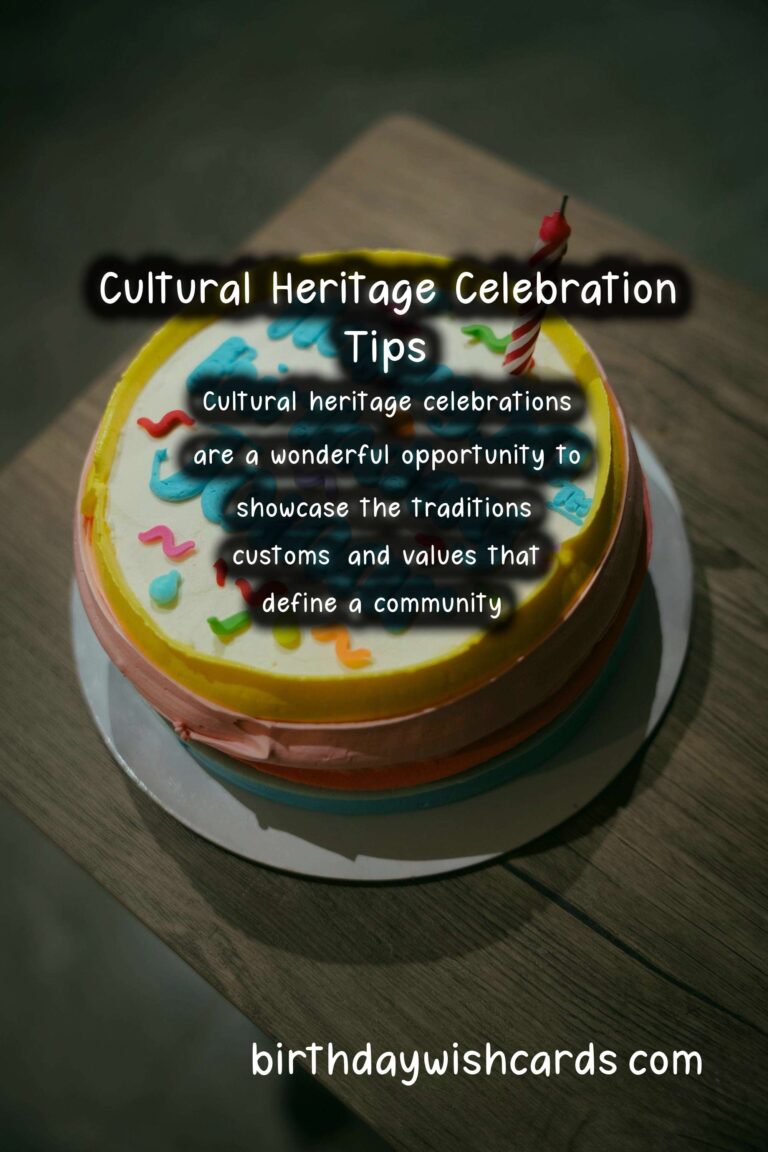
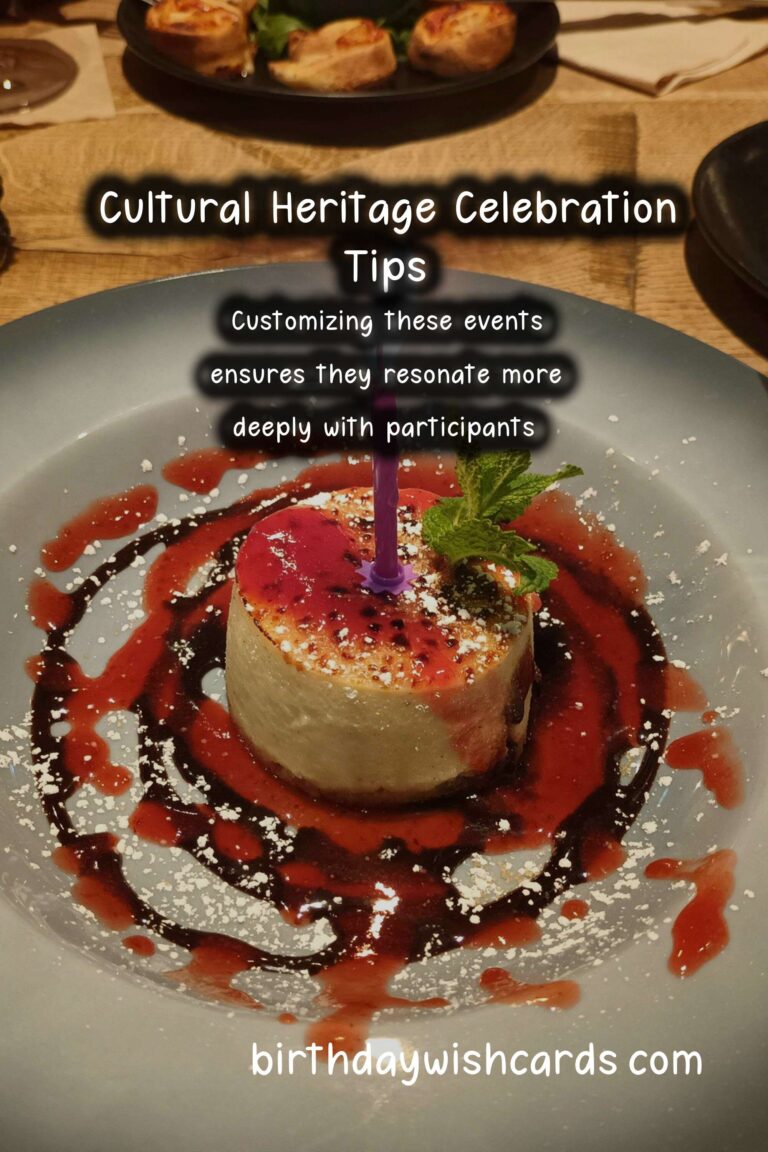


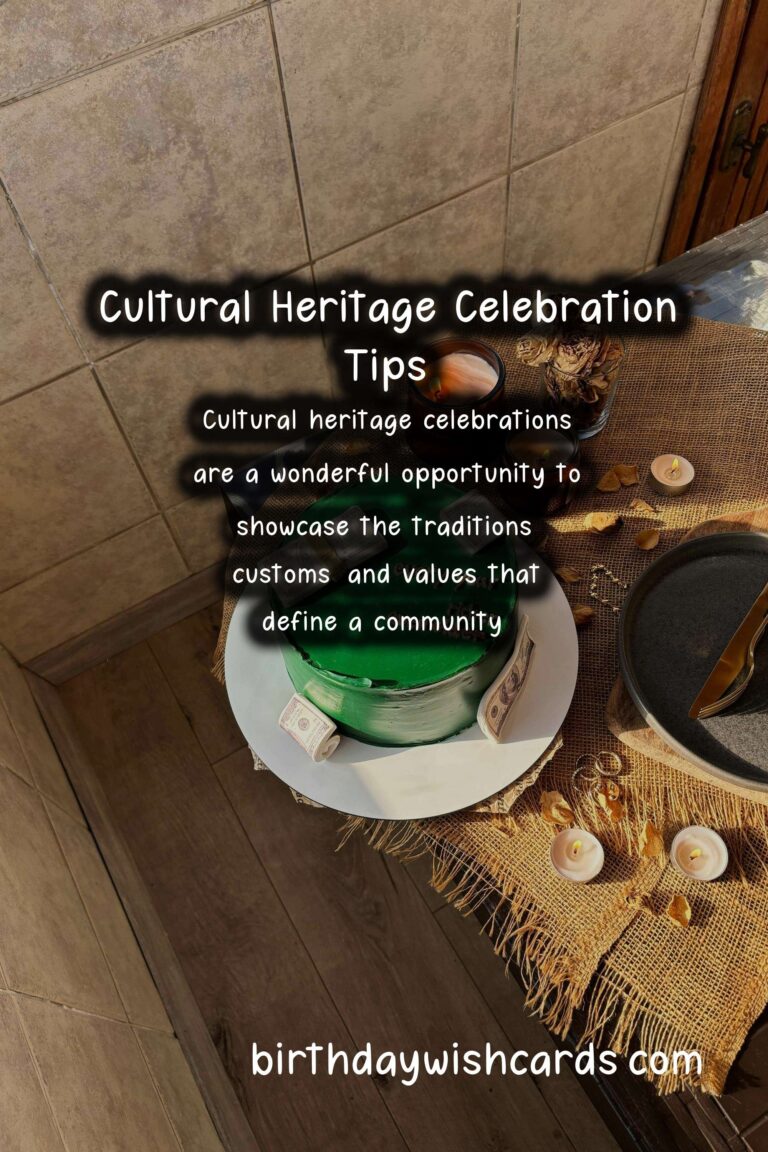


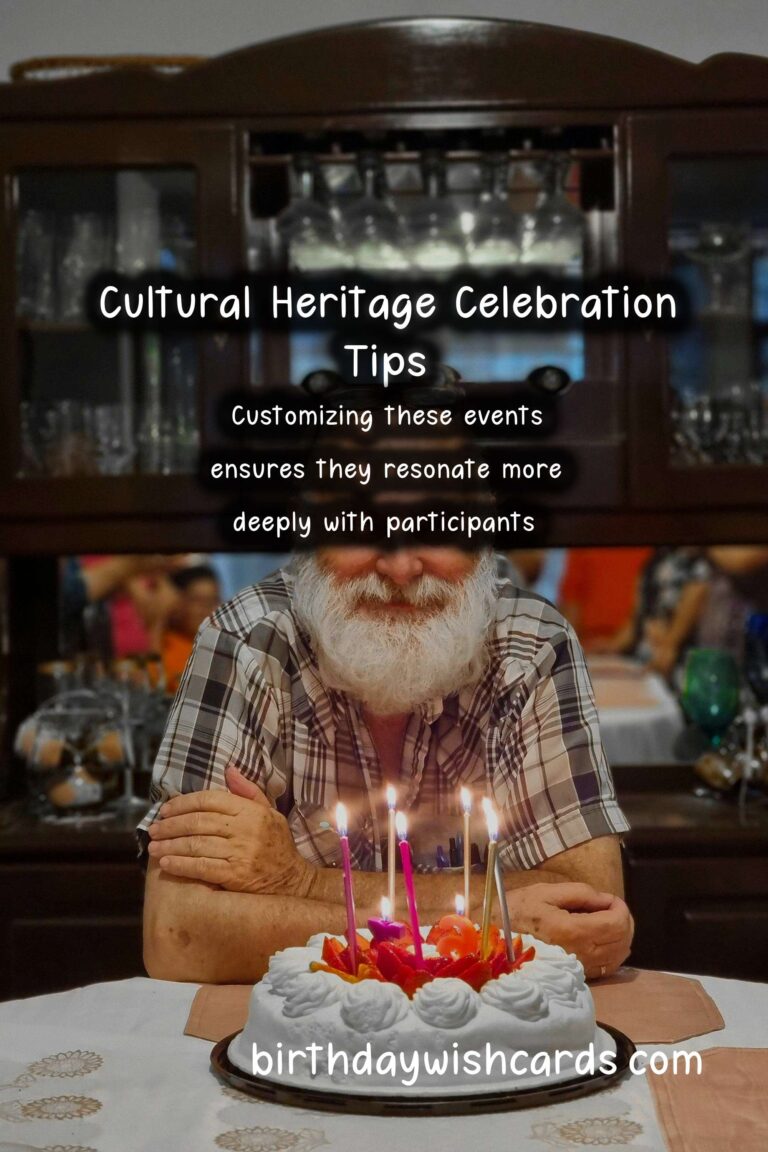
#CulturalHeritage #CommunityCelebration



